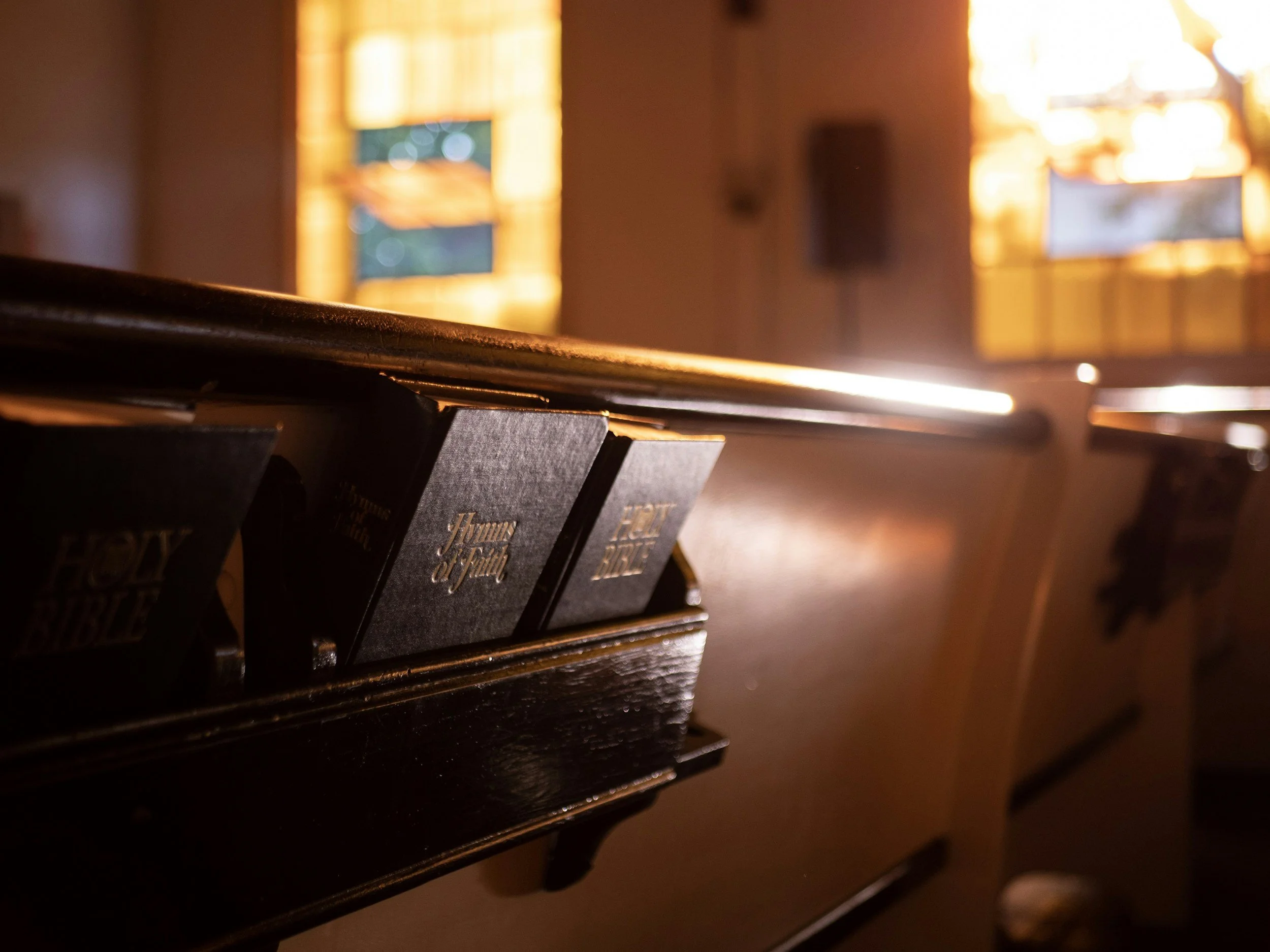On a recent 78-degree Saturday afternoon, a U.S. flag and the Detroit Tigers’ four World Series championship banners — from 1935, 1945, 1968 and 1984 — flapped in the Comerica Park breeze. For nearly four decades, Home Plate Detroit has brought fans together to pray and hear player testimonials. In the Motor City and elsewhere, these events mix a faith-based message with a major league game.
Read More(ANALYSIS) Despite the disruptions of global economics and trade, and a couple dozen other hot disputes, let's not neglect such perennial realities as the way religion can affect politics, and vice versa. As President Donald Trump promised, this is a central aspect of his agenda, underscored by the recent establishment of the new Religious Liberty Commission.
Read MoreIt’s always nice to reconnect with Warren Maye, a long-time EPA board member who runs the communications operation for the Salvation Army. And every time I see him, I remember how — long ago — the Salvation Army changed the trajectory of my family.
Read MoreTop evangelical leaders are among the 15 signatories of a letter urging President Trump against deporting Afghan Christians, who face potential arrest, torture and death in their homeland under Taliban rule.
Read MoreOne hundred days into President Donald Trump’s second term and white evangelicals continue to be among his strongest supporters, a new study reveals. The findings, put together by Pew Research Center, found that 72% of them approve of the way Trump is currently handling his job as president. That level of support, however, isn’t shared by Americans of other Christian denominations.
Read More(ANALYSIS) The breakdown of the non-White evangelical vote may tell the story of the 2024 election when it comes to religion. Republicans have historically struggled with this group of voters. But it was essentially split in 2024 — Harris 49% and Trump at 48%.
Read More(ANALYSIS) “Americans have lost faith in traditional religion,” announces the sweeping first sentence of a contentious book published during Holy Week: “Why Religion Went Obsolete: The Demise of Traditional Faith in America.”
Read MoreAttempting to determine which American city is the “most Christian” is no easy task. The outcome of a new study came with some surprises. The survey, out in time for Easter, has determined that the urban center with the highest religious engagement for Christians, using a variety of metrics and factors, is New York.
Read MoreAlthough a recent study reveals that Lent is largely ignored by many Christians in the United States, there is a trend among members of some conservative Protestant denominations to incorporate it in their Easter observances. Some who are members of conservative Presbyterian denominations have even taken up Lent in a break from tradition.
Read MoreMost immigrants at risk of deportation are Christian, researchers deduced, with 61 percent of them Catholics. But 13 percent are evangelicals, seven percent are from other Christian groups, seven percent are from other religious groups and 12 percent have no religious affiliation.
Read MoreThe number of deaths is likely to rise further, as many parts of the country have been cut off. Getting help to those in need — and even assessing the extent of the destruction — has proved difficult in a country where key infrastructure was badly damaged and where a civil war had already been raging before the 7.7 magnitude quake struck last Friday.
Read MoreWhile we were recording the podcast this week, I told Lutheran Public Radio listeners that I was well aware that much of the information I was sharing was rather complex, if not downright confusing. That was kind of the point. When it comes to statistical trends in religion, we live in a very, very confusing age.
Read MoreWhen it comes to basic statistics, the 1960s and ‘70s were the high-water mark for liberal mainline Protestants. Pews were often full and strategic mergers — such as the process that eventually created the Presbyterian Church (U.S.A.) in 1983 — led to membership totals that inspired ecclesiastical bureaucrats to dream about bold “reforms” in the future (click for a timeline of LGBTQ+ activism in the Episcopal Church).
Read MoreNearly 80 percent of evangelical Protestant pastors reject the scientific consensus that the climate is changing and human actions are a major cause, according to a new report. Only about one-quarter of clergy from other Christian traditions, such as Catholic and mainline Protestants, share this same skepticism.
Read MoreMarch 8 holds painful memories for Ezekiel Batsi Batende, pastor of Swahili Baptist Church at Woodmont. On that day in 2008, he and his family fled their home in the Democratic Republic of Congo as rebels burned Machumbi village.
Read More(ANALYSIS) One of the most impactful cultural changes in 21st-century America has been the steady decline in Christian vitality, as measured by membership, baptisms versus funerals, worship attendance, practices, and perceptions. Two major new social science surveys suggest that this decline may have bottomed out — though statistics about secularizing youth give believers ample reason to worry about the future.
Read MoreFormer Southwestern Baptist Theological Seminary interim provost Matt Queen received today a judgement of time served with one year of supervised release, six months of home confinement and a $2,000 fine related to a federal investigation of the Southern Baptist Convention regarding sexual abuse.
Read MoreWith 26,000 federal jobs axed and widespread layoffs in the name of government efficiency, pastors in the Washington, D.C., area and Christians working in civil service have seen morale plummet. Those who felt called to live out their faith and serve their country in federal jobs worry that the moves threaten their mission and livelihood.
Read MoreLent may be on the calendar, but it’s not something most Americans are observing. A traditional 40-day window of fasting before Easter, Lent is celebrated by around a quarter of U.S. adults, according to a Lifeway Research study. Three in four Americans (74%) say they do not typically observe Lent, while 26% participate.
Read MoreWhile the president takes a beating on social media for his USAID cuts, African pastors are silencing those blaming Trump for it. “President Trump is doing what must be done for the good of his country,” said Tinashe Hungwe, a cleric in Zimbabwe. “It is high time to make our governments accountable and provide for their people not to blame the U.S.”
Read More



















